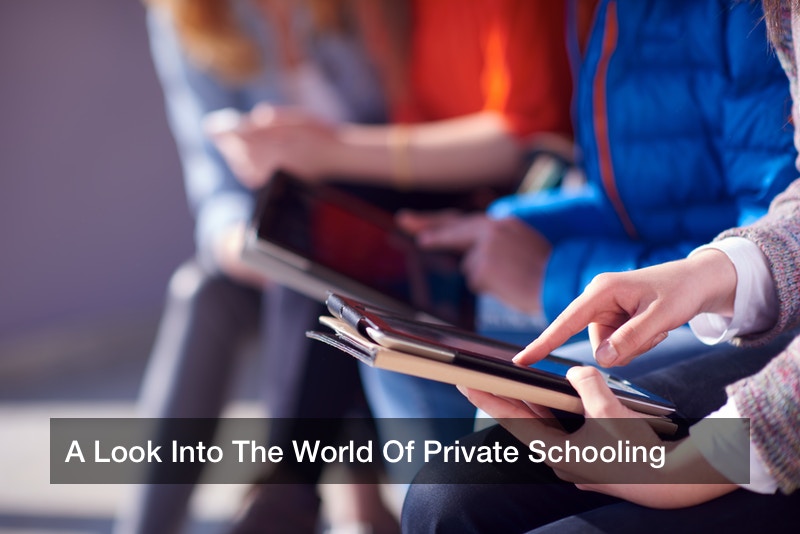
Private schools have become more commonplace than ever before, there is certainly no denying this fact. After all, more than two and a half million kids were attending private elementary schools alone by the time that we had reached the year of 2016 – a number that has only continued to grow in the years that have elapsed since. In total, very nearly five and a half million students are currently enrolled in private schools throughout the country, from the best private preschools to the best private high schools. In total, private schools of all kinds make up as much as one full quarter of all the schools found throughout the United States in its entirety.
But why exactly have private schools become so popular, so highly sought after? For one thing, smaller school sizes can lead to more one on one attention than what is typically popular at your average public school. Public schools are, after all, typically much larger than private schools, sometimes with total student body sizes of more than 1,000 students – sometimes well over this number. This can lead to a lack of individualized attention for all students, something that can lead to problems for those who are functioning in the school at either end of the spectrum, either working well above the course material that they are being given or otherwise working well below it.
This can be seen quite clearly when we look at the role of the high school guidance counselor in a public school versus in a private school. In a public school, guidance counselors are often quite hugely overworked, having to deal with a great many students and not able to provide much individualized attention to any of them as a direct result of this. Unfortunately, this means that high school guidance counselors are typically only able to provide around 20% of their time to the matters surrounding college preparedness.
This is certainly going to be hugely detrimental to many of their students, both those that are already interested in college as well as to those who are not yet thinking about it (but likely should be). When students are not given the proper support and information necessary to apply to college, it is far less likely that they will be successful – or even as successful as they could have been – in this endeavor.
In your typical private school, on the other hand, things are fortunately quite a bit different. For one thing, the smaller school size (the average private school has only about 150 total students) allows the guidance counselors who are employed there to dedicate much more time to each student. As a result, more than half (around 55%, to be just a bit more precise) of the private school guidance counselor’s time is likely to go towards the discussion of matters surrounding college prep alone, something that will become more and more important throughout the course of just about any student’s high school career.
In addition to this, students who attend private schools are actually more likely to get into their dream schools when it comes time to apply for college. After all, the test scores on standardized tests tend to be quite a bit higher in private schools than public ones. In fact, the national average SAT score seen for private schools was an impressive 1235, according to recently gathered data. The average public school score, on the other hand, barely even surpassed 1000.
At the end of the day, the advantages of a private school education are certainly a great many – and can be seen in students of all ages as well. From day schools to high schools, private schools are fortunately on the rise in the United States, as well as in a number of other places all throughout the world in its entirety as well, something that certainly cannot and should not be discounted by any means. For many parents, providing their child with a prep school or private school education is a great way to ensure that they will be successful in later life even outside of their success in school.

